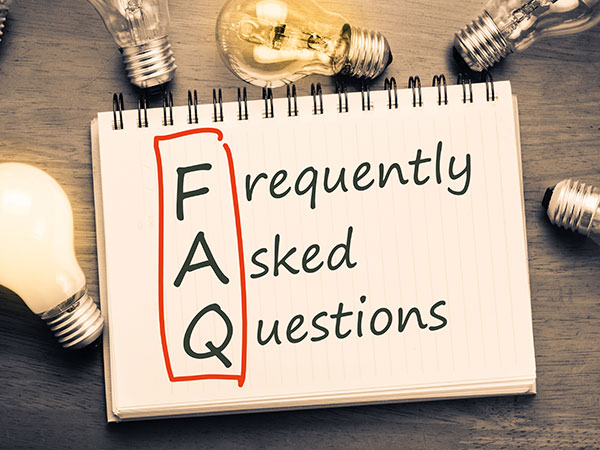
With the right maintenance, a sewage treatment plant can last a long time without needing any significant work. Owls Hall Environmental addresses the key questions regarding service and maintenance to help you keep yours in top working condition.
Wastewater treatment plants are designed with the user in mind and are kept user-friendly by making sure the maintenance is kept to a minimum. It is however recommended to have your system checked by a professional service engineer at least once a year. You should also desludge the treatment plant annually to ensure a solids build-up doesn’t compromise the treatment chamber.
We offer a comprehensive empty and care plan for anyone owning a sewage treatment plant in East of England. Feel free to call us on 01371 850537 if you would like to discuss costs.
As sewage treatment plant maintenance requirements often vary between models and sizes of the plant, we offer various service and maintenance contracts, covering all requirements – from periodic checks, through to desludging and necessary repairs. Servicing and maintenance contracts can be one-off or regular direct debit payments on our Empty and Care plan.
There are a number of things that are checked during the servicing of a sewage treatment system, here are some of the 30 checks we perform on a treatment plant during a service:
These are just a few of the common things we look at when servicing a treatment plant. Our customers can opt for this service to be a one-off payment or a regular direct debit as part of our empty and care plan.
It should be stated that servicing a sewage treatment plant must only be undertaken by someone who is qualified. For example, our engineers are British Water accredited and have the correct training and inoculations to prevent against certain sewage-related diseases. It is not a job that you should do yourself. If you are in the South East or East Anglia, then feel free to contact us to discuss your requirements.
Yes; the job of a sewage treatment plant is to clean the water. Sludge is the build-up of solids and just like within a septic tank, it needs to be removed periodically. Most manufacturers recommend annual emptying. Some of the lower budget treatment plants will require emptying more frequently. We only supply treatment plants that require annual emptying.
The Environment Agency’s general binding rules state that a sewage treatment plant “must be installed and operated in accordance with manufactures guidelines”. Most manufacturers recommend an annual service and empty. Therefore, to adhere to the general binding rules you must do this.
Furthermore, the general binding rules state that servicing and maintenance must be carried out by a competent person. British Water runs a course for professionals to teach them about sewage treatment plants, you should always choose a company or person that is British water accredited.
Rainwater (or any surface water for that matter) should not enter a sewage treatment plant. A sewage treatment plant is designed to treat wastewater from a building, adding the random and sometimes large flow of rainwater into the system can:
Building regulation (part H) states that your rainwater and surface water drainage should be separate from your wastewater drainage.
Your rainwater can go into a soakaway in the ground (normally constructed using a crate system) or alternatively you can reuse the rainwater using a rainwater harvesting system.
Owls Hall has products and services that can get you’re sewage treatment system up and running, whether you’re looking to buy a new one or maintain your existing installation.